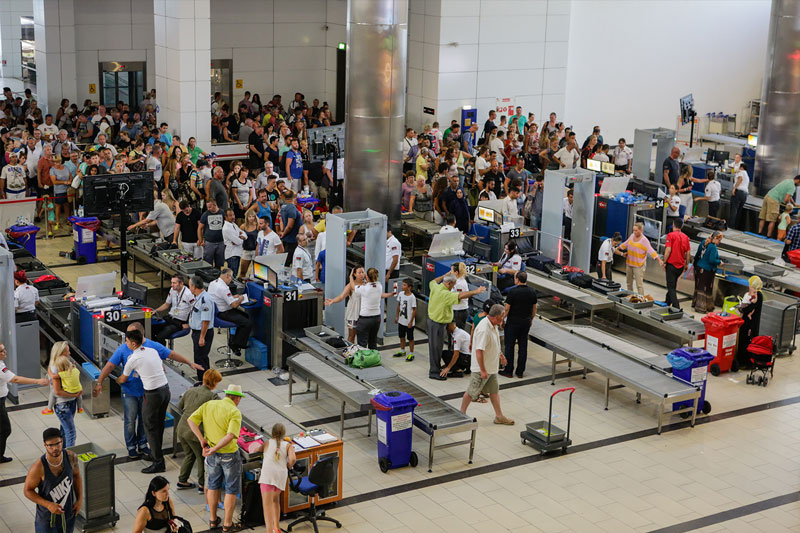The U.S. State Department is proposing to require all nations to supply extensive amounts of data on their citizens to allow them to properly vet all visa applicants and to be able to successfully determine whether a traveler may pose a serious threat to the United States.
An official for the U.S. State Department stated, “The U.S. government’s national security screening and vetting procedures for visitors are constantly reviewed and refined to improve security and more effectively identify individuals who could pose a threat to the United States.”
According to sources, the United States is looking for all nations to release information about those with a criminal background in particular and on those that could possibly be having ties with terrorist groups.
A cable that has reportedly been sent out to all U.S. diplomats says, “This is the first time that the U.S. Government is setting standards for the information that is required from all countries specifically in support of immigration and traveler vetting.”
The cable requested U.S. diplomats to “underscore that while it is not our goal to impose a ban on immigration benefits, including visas, for citizens of any country, these standards are designed to mitigate risk, and failure to make progress could lead to security measures by the USG, including a presidential proclamation that would prohibit the entry of certain categories of foreign nationals of non-compliant countries.”
It is to be noted that with the new protocol being set in place, all nations shall have fifty days to comply with the request made by the United States, and failing to do so could initiate a travel ban against the nation. “Failure to provide this information in a timely manner will require us to assume your country does not meet the standards,” the stated.
John Sandweg, a former senior Homeland Security Department highlighted that this new request by the Trump administration could strain ties with nations that refuse to provide information beyond what has already been shared with the United States. “I don’t think you can ignore the political aspects of the unpopularity of the current administration. That puts political pressure to stand up to the administration,” said John Sandweg, a former senior Homeland Security Department official.
The memo further mentioned a series of new requirement that the United States shall be expecting form countries in order to further improvise their vetting procedures. It indicated some standards that the U.S. seeks from all countries to issue or show the intent of issuing to ensure that certain individuals “are not and do not have the potential to become a terrorist safe haven.”























